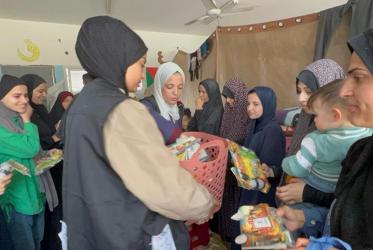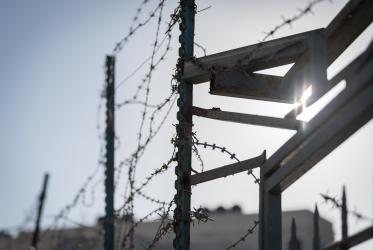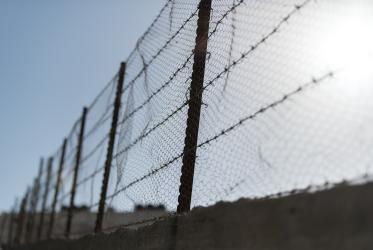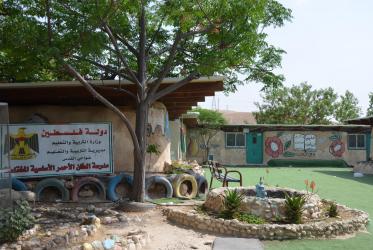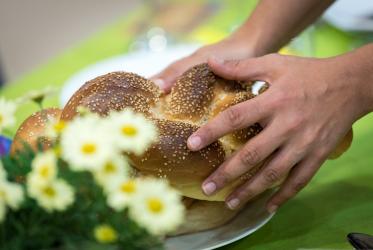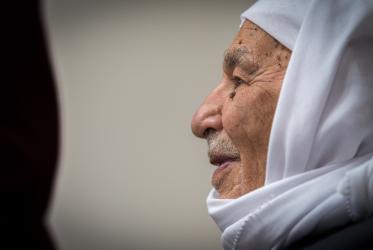Displaying 1 - 20 of 23
21 December 2023
Violations of human rights escalate in Masafer Yatta, Jerusalem
30 November 2023
Violence against Palestinians is rising in the West Bank
16 November 2023
Bedouins of Pope’s Hill fight eviction
30 March 2021
Palestinian Christian peace worker yearns for courageous leaders
10 December 2020
In Palestine, “God honored this olive tree”
12 November 2020
Shabbat dinner ‘helps humanize two sides of the story’
27 March 2019
